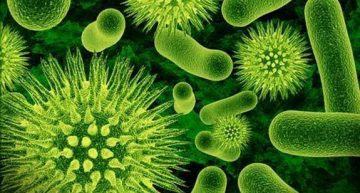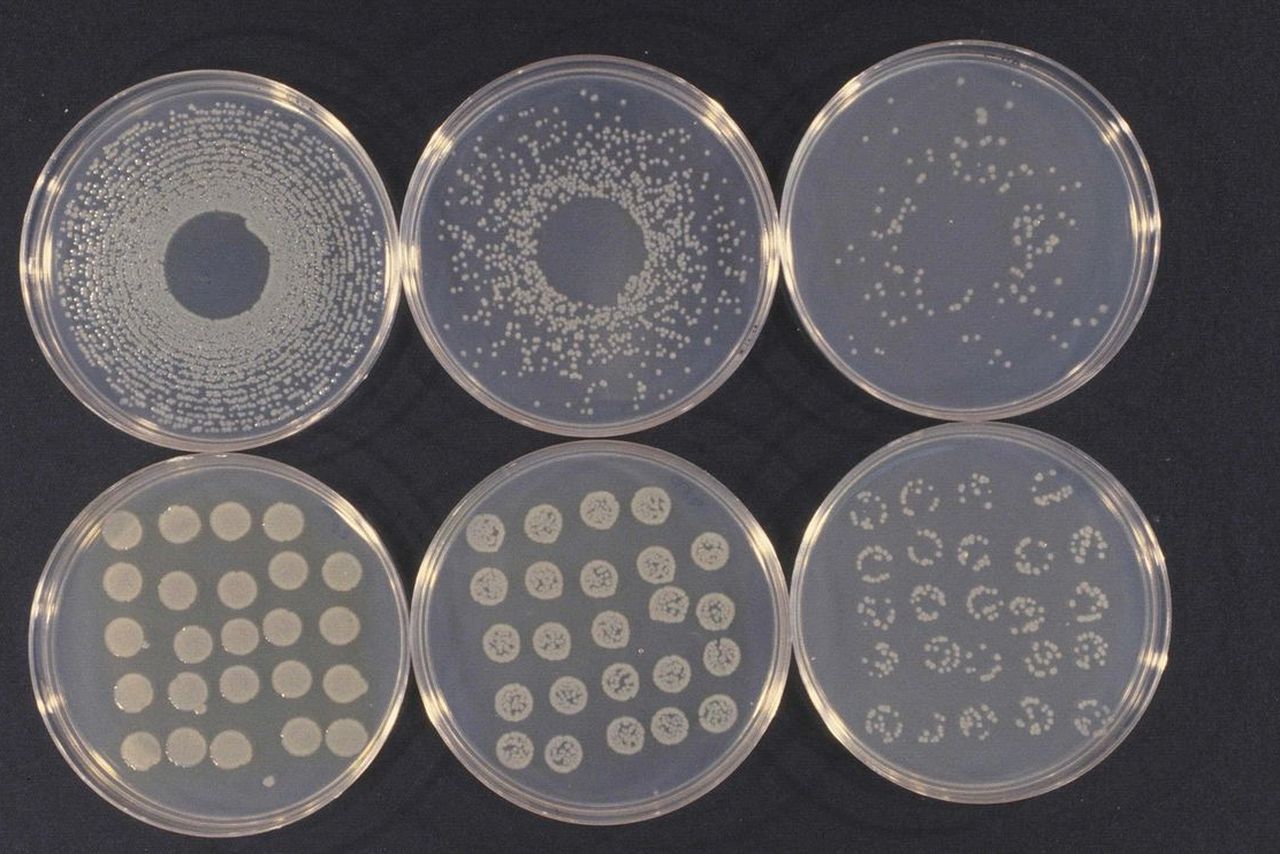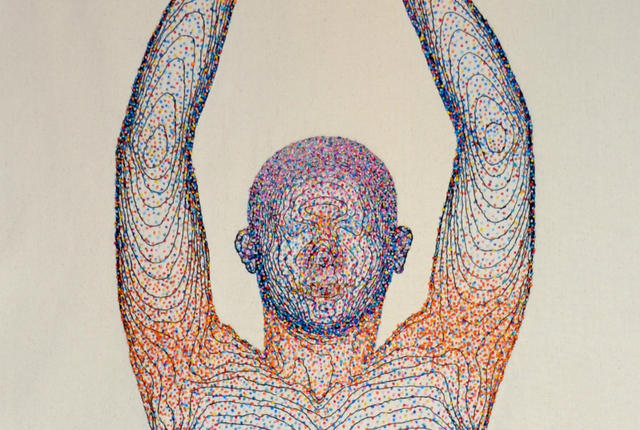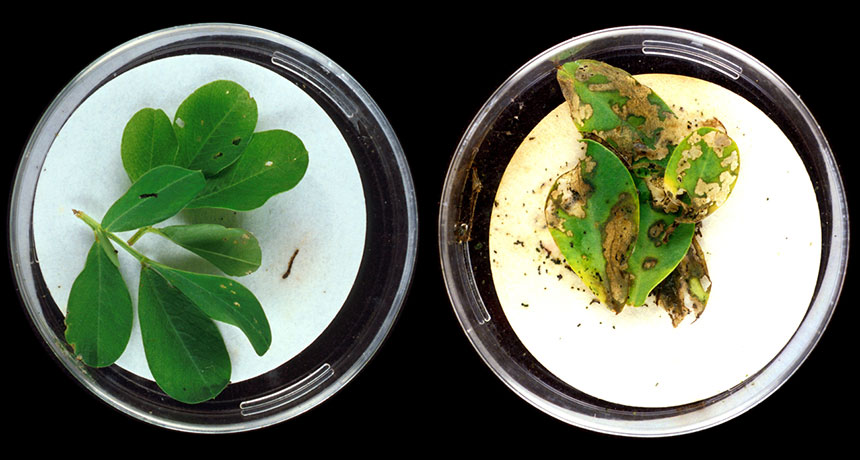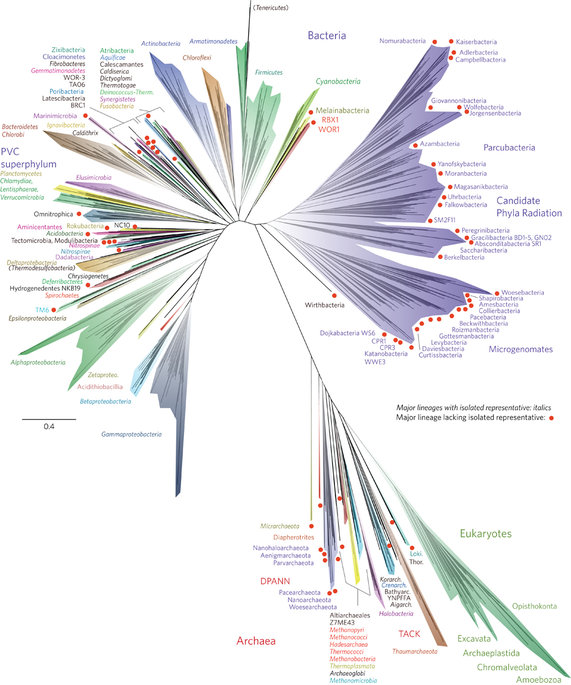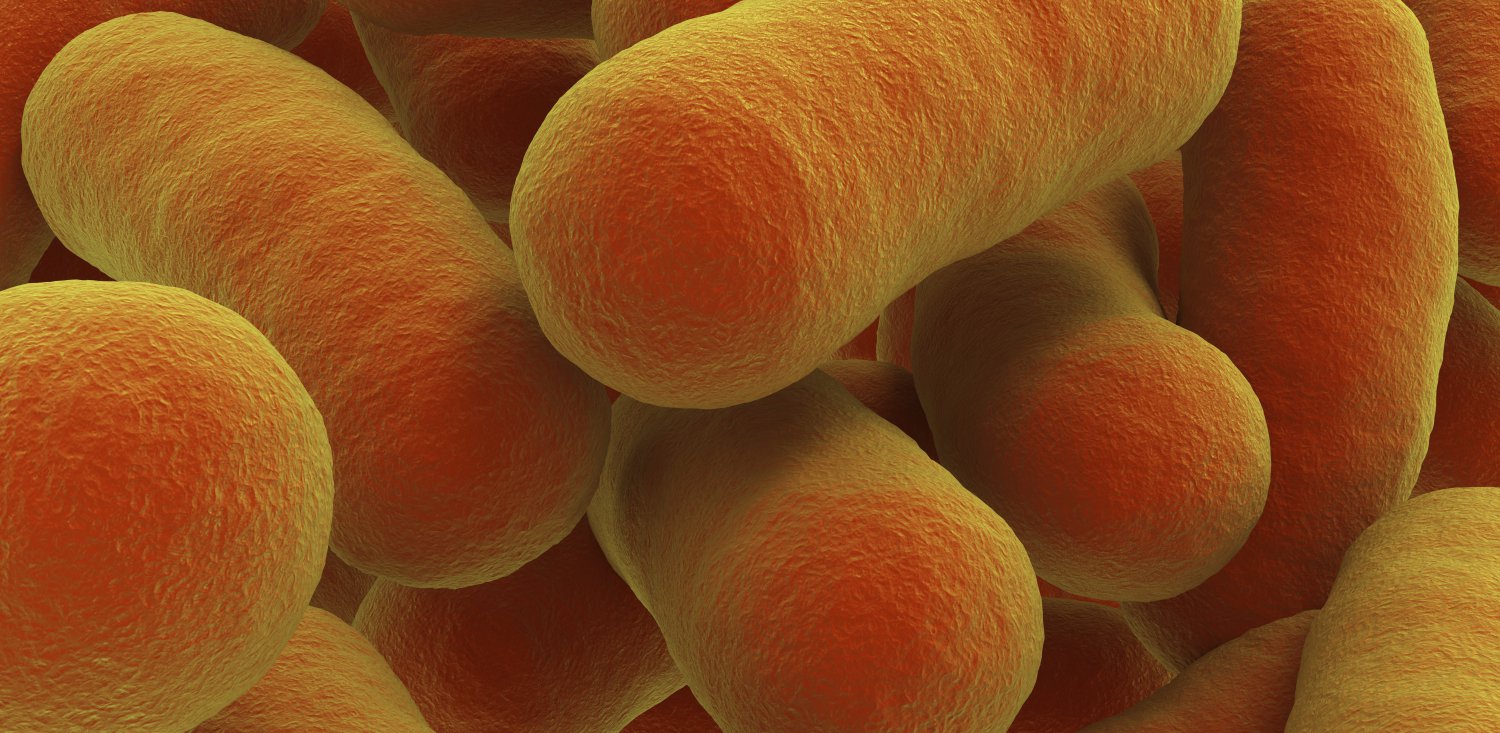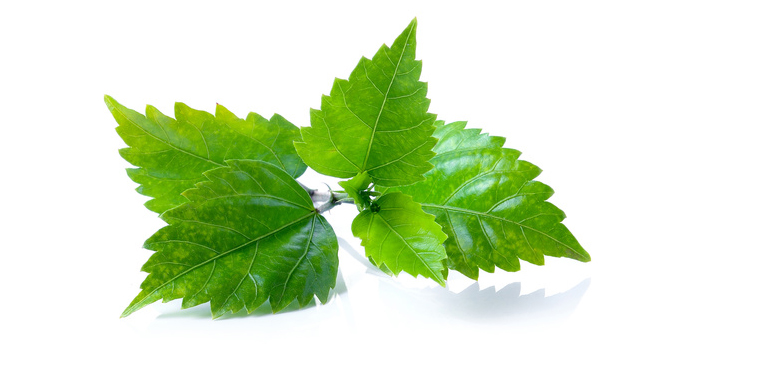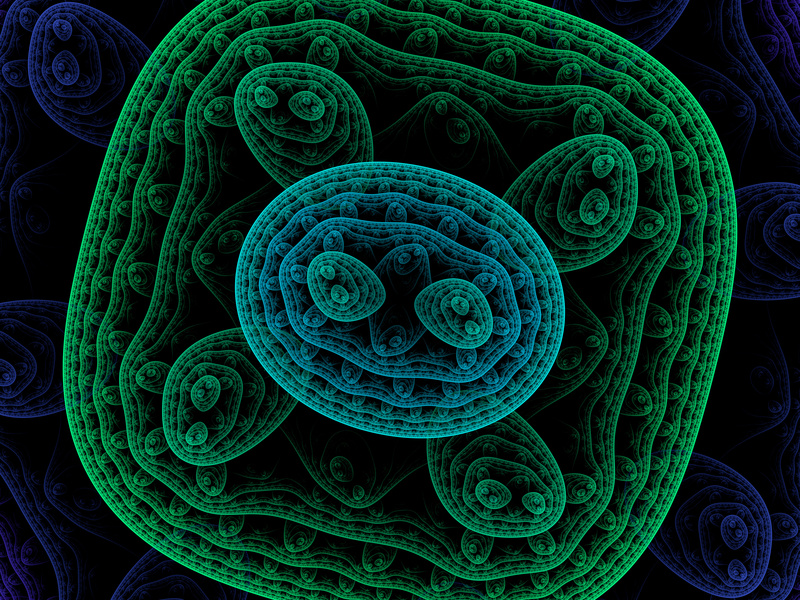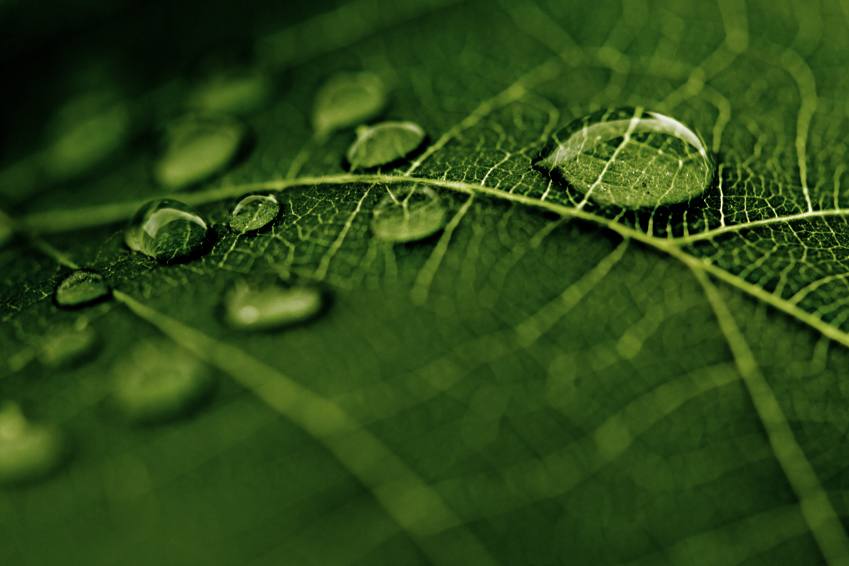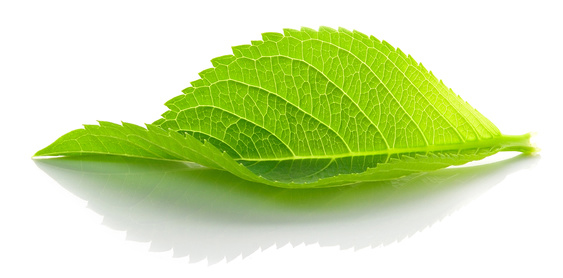Earth May Be Home to a Trillion Microbes
According to a new estimate, there are about one trillion species of microbes on Earth, and 99.999 percent of them have yet to be …
Antibiotics found to cause immune system damage and reduce brain cell growth – ScienceAlert
Two new international studies have shed further light on some of the harmful side effects associated with antibiotics – including damage to the …
Building An Antibiotic To Kill Bad Microbes While Sparing Good Ones
Most antibiotics can’t tell the difference between good and bad bacteria. That means medicines can kill helpful bacteria in your gut while they’re obliterating …
IBM Announces Magic Bullet To Zap All Kinds of Killer Viruses |
Working with Singapore researchers, IBM has engineered a chemical that blocks viruses like Zika, Ebola, dengue, influenza, herpes, and more. SEAN CAPTAIN 05.11.16 9:00 …
Bacteria use traffic-cop-like mechanism to infect
A study has found that a cellular syringe-like device used to invade intestinal …
How the world’s chillest bacteria make ice | The Verge
They may be responsible for creating clouds and rain Today, scientists have uncovered how tiny bacteria — nature’s ice machines — create ice crystals. …
Artists Reveal the Bacterial Beauty of the Human Microbiome | Mental Floss
“Invisible You” explores the human microbiome in all its bacterial beauty. In one sense, you are more bacteria than you are human. At least, …
Bacterium still a major source of crop pesticide | Science News
Bacillus thuringiensis bacteria have provided pest-fighting toxins for over 50 years. Source: Bacterium still a major source of crop pesticide | Science News
A new view of the tree of life : Nature Microbiology
An update to the ‘tree of life’ has revealed a dominance of bacterial diversity in many ecosystems and extensive evolution in some branches of …
Bugs as Drugs: Seeking the Microbial Secret to Health
Our body is, in essence, more ecosystem than organism. The human body teems with trillions of microbes — bacteria, viruses and fungi — and …
Why bacteria can’t get any bigger—or smaller | Science | AAAS
Fitting in all the necessary cellular components limits their dimensions The size of a bacterium can vary by eight orders of magnitude—if the smallest …





